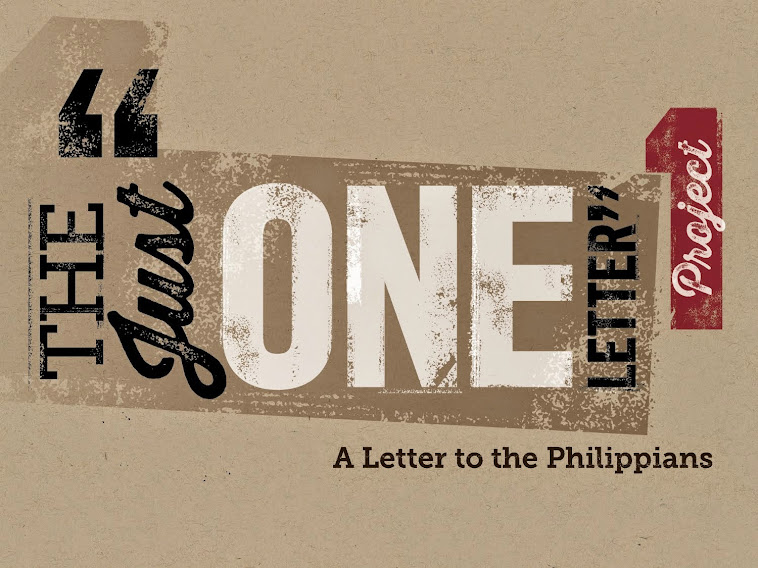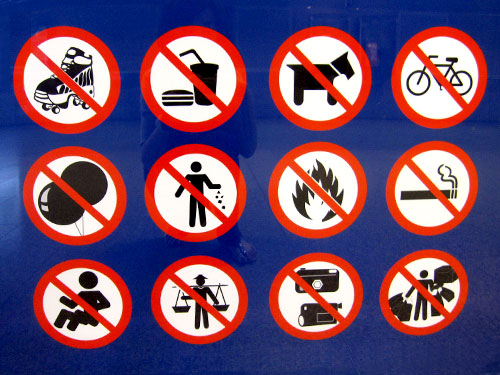Your Questions Can Be Friends or Foes
So we spent some time last week catching up on the Just One Letter Project.
This week and the coming weeks, we will start pulling together ideas and gaining a better grasp of the intent that Paul had when we wrote to the church he had started in Phillipi, one of the first churches on the European continent.
To get us moving in that direction, we have to first address QUESTIONS. You have them. You probably been asking questions each week as you have been reading this letter. You may not hear yourself ask them but they are there running around your brain. You are asking questions all the time.
At First ... Questions Can Be Your Foe Not Your Friend
Probably, those first questions you ask are more like a foe than a friend. Don't get me wrong, the questions are great. You want to have questions. But when you first began reading this letter , the questions often get in the way. They can be your foe because they can distract you and take your brain down rabbit trails that have no end. Or they can discourage you because you don't know the answer immediately ... which set some us down a fatalistic trail of "well I guess the Bible is just too complicated."
Even in the first paragraph or two of this letter, some words or phrases can

- " Paul and Timothy, slaves of Christ Jesus" (1:1) - What does this mean? Was Jesus a slave owner?
- "...including the elders and deacons (1:2)? - Who are they? What are they?
- "on the day that Christ returns" (1:6)? So what is taking him so long? So do I have to become a weird prophecy person like those people on TV and endlessly talk about "end times"?
So this week, when you read through letter to the church at Philippi, keep an index card or a post-it note nearby and just jot down those questions that begin to rattle in your brain.
But then press on ... ignoring them for now. And listen for what is clear initially not what is unclear!
Later ... Questions Are Your Friends not Foes
Then ... if we can let the questions sit for a bit and not distract us ... we can start seeing and hearing the bigger themes in a letter like this one. Themes like ...
- What I learn about God and how he relates to this group.
- What I learn about the letter writer - and the example of his life.
- What issues are being addressed in this community and what is the counsel given.
- What instructions or directions are given for understanding God's gospel are offered.
Then with these BIGGER themes in place, we can come back and evaluate the importance of some of the other questions and then begin investigating answers. Then these questions that were once foes will really become friends.





